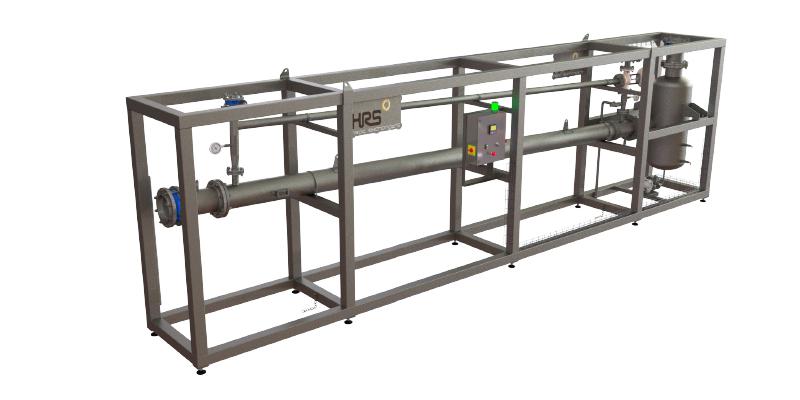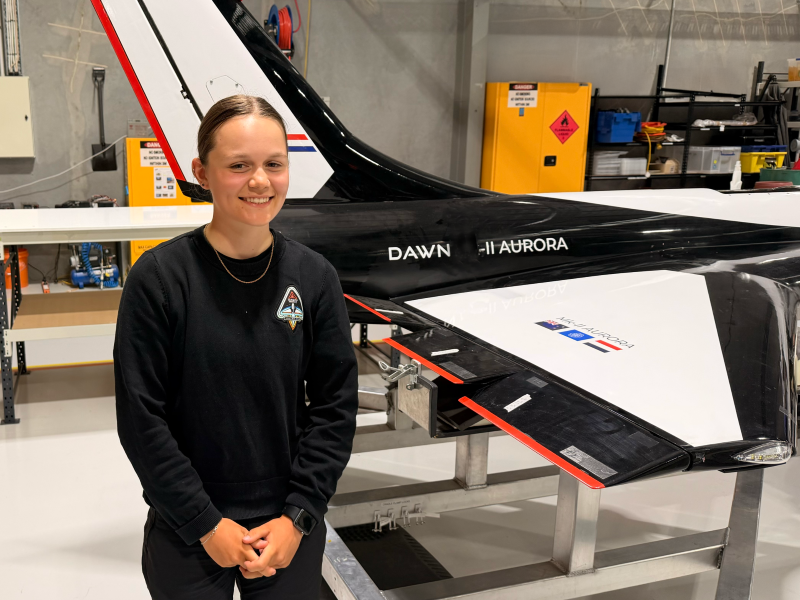If New Zealand’s wastewater sector is to fulfil its potential to develop anaerobic digestion (AD) plants fuelled with food waste, then it is critical that these plants optimise every part of the AD process in order to maximise economic and environmental returns.
Worldwide, the majority of wastewater AD plants produce electricity (with or without using the heat generated) using combined heat and power (CHP) generation units. When using CHP to create energy from the biogas produced by AD, one area which is often overlooked is ensuring that any water present in the raw biogas is removed; if water enters a CHP engine it can decrease its efficiency, resulting in reduced biogas yields and engine damage. The new Biogas Dehumidification System (BDS) from HRS Heat Exchangers removes water from biogas, protecting CHP engines from corrosion and cavitation. It also comes with a heat recovery section as standard, increasing an AD plant’s overall energy efficiency.
Increased profits
The importance of optimising your AD plant cannot be underestimated. While many of today’s food waste plant operators invest time and money in performance-enhancing additives and systems, removing water present in the raw biogas can be a lower priority. But with CHP engines being one of the most expensive pieces of equipment to replace on an AD plant, this is a false economy. Additionally, an inefficient CHP engine will result in lower electrical output and higher capex, and therefore reduced profits – a 1 MW digester operating at even 80 per cent capacity could be losing around $19,000 each month in lost electricity sales.
“The BDS reduces biogas temperatures from around 40ºC to approximately 5–7ºC, condensing more than 90 percent of the water volume,” explains HRS International Sales and Marketing Director Matt Hale. “It works via a chiller system which supplies a coolant that is transferred to heat exchangers. Biogas flows on the product side of the exchanger, while the coolant flows on the service side. As the biogas cools, the water condenses from the gas, leaving a clean and dry biogas ideal for use in CHP engines.”
Energy efficiency
Heat recovery comes as standard with the HRS BDS. The resulting cold biogas is used to pre-cool any incoming biogas, reducing the load on the final cooling heat exchanger and recovering as much as 20 percent of the energy needed for the process. Any extra investment required is soon recouped in energy cost savings.
Suitable for AD plants of all sizes, the HRS BDS comes skid-mounted for easy access and freedom of movement, and features an automatic control panel for full process control.
Future-proof your AD plant
“Following a series of enquiries for a system to dehumidify biogas, we are delighted to launch the HRS BDS,” says Hale. “With a CHP engine being one of the most expensive pieces of equipment on a food waste AD plant, protecting it makes good business sense. By removing water from biogas before it enters a CHP engine, the HRS BDS helps to extend an engine’s lifespan, protecting it against corrosion and cavitation. We are expecting a high demand from existing AD operators looking to optimise their process even further and prolong the lifespan of their CHP engine.”






